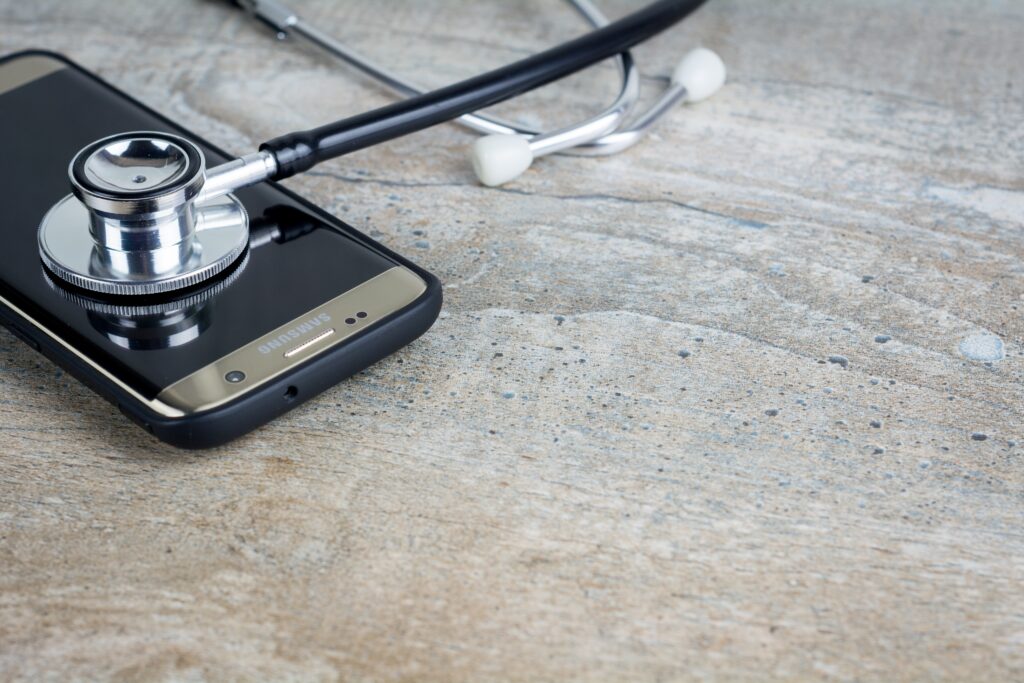Do you know that joke about the pact between two friends where the other should run to their home and delete their browsing history when the first one dies? Well, what if we told you that your browsing history can leak before that time comes, as long as you’re not careful enough with device management? What if we told you that this is not the worst that can happen?
The purpose of antivirus software is to make it harder for you to make mistakes. It won’t let you download suspicious files, it will scan everything before you can send or receive it, and it will prevent you from accessing suspect sites. Sure, you can still ignore and click past it, but it makes acting recklessly online more difficult.
To understand why this matters and give you some examples of how this can play out, here are the top eight consequences of not having an antivirus installed that you may face.
1. Loss of data
Malware and ransomware will corrupt or forcefully encrypt your data, making it unusable. If ransomware infects your computer, it will encrypt all your data and prevent you from accessing it until you pay the hacker to unlock it. Even after you pay (which is quite risky), there’s no guarantee you’ll get the key to the data in question.
Malware, on the other hand, will corrupt your data, even going as far as to corrupt your system files. In some scenarios, it will overclock your hardware, which means you may end up with damage.
While most people in 2023 keep their data on the cloud, this is still not always the case. So, you need to understand that the consequences can be quite dire. If all you should do to avoid it is install an antivirus software, it seems like a simple solution.
2. Financial loss
Ransomware tries to extort money from the device owner directly, but what about tools that steal the passwords and PINs of your financial apps?
This is simple: malicious software is installed on your device, and when you try to log into the site, you either get a fake page (phishing) or have a keylogger working in the background. Here, you type in your account username/email and password, which, from that point, become known to the malicious software/hacker.
This is why, aside from just watching out for malicious activity, you may want to run a full antivirus scan of the device before logging into your baking app for the first time. Remember that while an antivirus is quite strong, it doesn’t always work retroactively. It has its scheduled scans, but just installing it and hopping onto your PayPal or m-banking app is not a smart move.
3. Identity theft
If someone installs a keylogger on your computer, they may steal your identity. Even 2FA can be beaten. Sure, it can recognize a new device, but people buy new phones and log into new devices constantly. Moreover, if a person has your email address, they can just confirm that it’s them, and that’s it.
Keep in mind that there’s also a friendly fraud involved, which means that some people are deliberately defrauding you. When caught red-handed, some will claim it was a friendly fraud.
Remember that identity theft isn’t always an account takeover. Sometimes, it’s enough for one to steal a part of your identity to create a new one (synthetic identity).
The bottom line is that even if the site in question has sophisticated methods to beat identity fraud, you, as an individual, need to take action to protect yourself.
4. Sending spam emails
Your computer could be used to send spam email content to others if you’re not careful. As a result, multiple sources will report your account, and you’ll get blacklisted everywhere.
Now, just imagine everything that you keep on your account. All your bookmarks, your entire history, and all your contacts. Your inbox alone could be worth a fortune, let alone your contacts that you access via that email.
Chances are that this email is already on all the CVs you sent and that all the people you’ve collaborated with in the past depend on it. First of all, these people will be spammed, which is why you might suffer from a reputational hit even before being blocked. Sure, some will know that it’s not you, but not all of them.
5. Reputational damage
When your computer is hijacked, it may be used to infect others. While this is not your fault, others may not be as generous. They get a link from you, they click on it and get in deep trouble. Can you expect them to show compassion and understanding? Sure, some of them may give you the benefit of the doubt, but you can’t rely on that.
Then, there’s no telling what else this person will do. Remember, they’ll probably also have your private photos and conversations. What if they’re especially malicious that day or want to get paid not to publish your saucy chats with your married neighbor? What if you say no?
6. System performance issues
Software installed on your computer will drain your resources; the same goes for malware. The last thing you want is for your computer to be slowed down for no reason. Sure, the same happens with every legitimate app you use, but these are the apps you have decided to use, not something that serves no purpose and endangers you in every way.
So, if you’ve noticed that you’re not getting the same FPS from the game you’ve been playing for a while or that your computer seems slower than before, download an antivirus and do a quick scan. Who knows what you might discover? This is also great because it gives you a quick way to resolve an otherwise complex problem.
Remember that cleaning up your computer, from time to time, generally sounds like a great idea. Why not practice this a bit more often?
7. Legal consequences
When hijacked, your computer can be used for illegal activities. The biggest problem is that you won’t always be able to prove that it wasn’t you. What do you think, that people caught distributing the worst illegal online content never try to plead that their device was hijacked? Sure, you might be able to prove it, but is this something you want to rely on?
It’s much safer to have this extra safety measure.
Just think about it, even when your car gets stolen, you get asked many questions. Was it locked? Was the steering wheel locked? What other measures did you take? A similar principle may apply.
8. Privacy invasion
Imagine if your browsing history and personal correspondences got leaked. Imagine if the last online gossip session between you and your best friend became public. How big of a problem would you be in right now?
We’ve already mentioned some of this in the reputation part. Just try to put yourself in their shoes and ask, what could they get their hands on to ruin your life? Once again, we’re not doing this to scare you but to convince you that you need an antivirus.
All the above-listed and more can be avoided by just installing an antivirus on your devices
The fact that you should have an antivirus is non-negotiable. No one out there believes that antivirus is not good; the only thing these fence-sitters are discussing is its necessity. This is why we gave you the list of the worst outcomes that could befall you, to explain why being indecisive could hurt you.
Two more things. A free antivirus may not be enough if you’re online and have to visit a lot of shady domains due to your work. Second, you should have an antivirus on all of your devices. It’s not just your computer that’s in danger.
- Advanced Tech Solutions For Managing Work Availability - April 14, 2025
- How Modern Printers Enhance Productivity and Collaboration in the Workplace - February 11, 2025
- Benefits of Using PostgreSQL as a Backend for Power Apps - January 3, 2025



